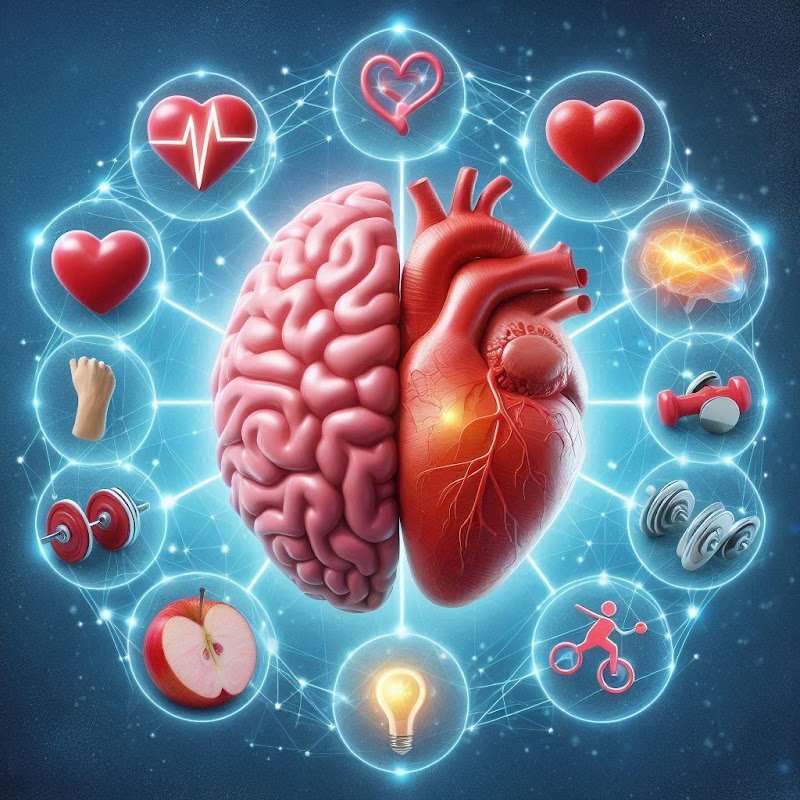Currently, stress is inevitable, so it is very important to be mentally and physically fit. However, many people do not realize these two attributes are related. It is a fact now that exercise promotes great mental health and in turn when a person has a good psyche it will also be reflected when exercising. To this lively configuration, the science of Artificial Intelligence (AI) has entered the scene and is changing the way people can exercise and maintain their mental health. Let’s look at how mental health and physical health are connected, and how AI is instrumental in this interaction.
Understanding the Connection Between Mental Health and Physical Fitness
Depression and obesity feed each other, and a person cannot maintain healthy mental and physical well-being without proper care. Exercise also liberates the production of endorphins, more popularly known as the ‘feel-good’ hormones that alleviate stress and anxiety. On the other hand, genetically tested mental illness reduces motivation levels, which in turn affects that individual’s dedication towards exercise and fitness. Realizing the relationship between the above factors is crucial for the attainment of optimal health.
Mental Health Benefits of Regular Exercise
Stress Reduction
Some of the possible effects that come as a result of exercising include the following; Stress relief is perhaps one of the most significant advantages of working out. Movement includes the use of the body to achieve various activities and this explains why it is effective in reducing cortisol which is a stress hormone. The inclusion of regular exercise in one’s schedule can improve the way they deal with stress.
It is with deep revelation that exercise has a mood-changing effect. People can run, do yoga, and walk fast, and any such exercises can always help enhance their state of mind and emotional health.
AI Tools for Tracking and Improving Mental Health
Wearable Devices
Smartwatches and fitness trackers are also wearables with AI-integrated algorithms that track your activity, sleeping, and even stress. These facts can assist with decision-making in terms of awareness of one’s health and fitness regime.
Case Studies: Success Stories with AI in Fitness and Mental Health
Individual Success Stories
Numerous people have optimistically adapted to the AI tools in fitness training sessions and obtained incredible outcomes. Speaking of real-life results, they have also received many positive reviews from people who use the Fitbit app; the app has made a positive change in their physical health and has boosted their mental welfare.
Organizational Implementation
Employers are also using AI to enhance the workforce’s health. Such organizations as Google and Microsoft apply artificial intelligence in wellness programs that are aimed at helping employees to cope with stress and also improve their overall health, this is an example of the various ways artificial intelligence is being applied.
Read Also: The Varied Approach to Addiction Treatment at Rehabilitation Centres Johannesburg
Conclusion
It is well understood and appreciated that there is a symbiotic relationship between a person’s psychological state and his or her physique, and AI is adding to this phenomenon in ways that have not been seen before. Therefore, with the help of AI-based tools and the gained insights, one can indeed lead a more balanced and healthy life. To help you get fitter both, physically and mentally, let artificial intelligence be your companion in wellness improvement.
Read Also: 5 Easy Ways to Implement Well-Being Programs at Your Workplace
